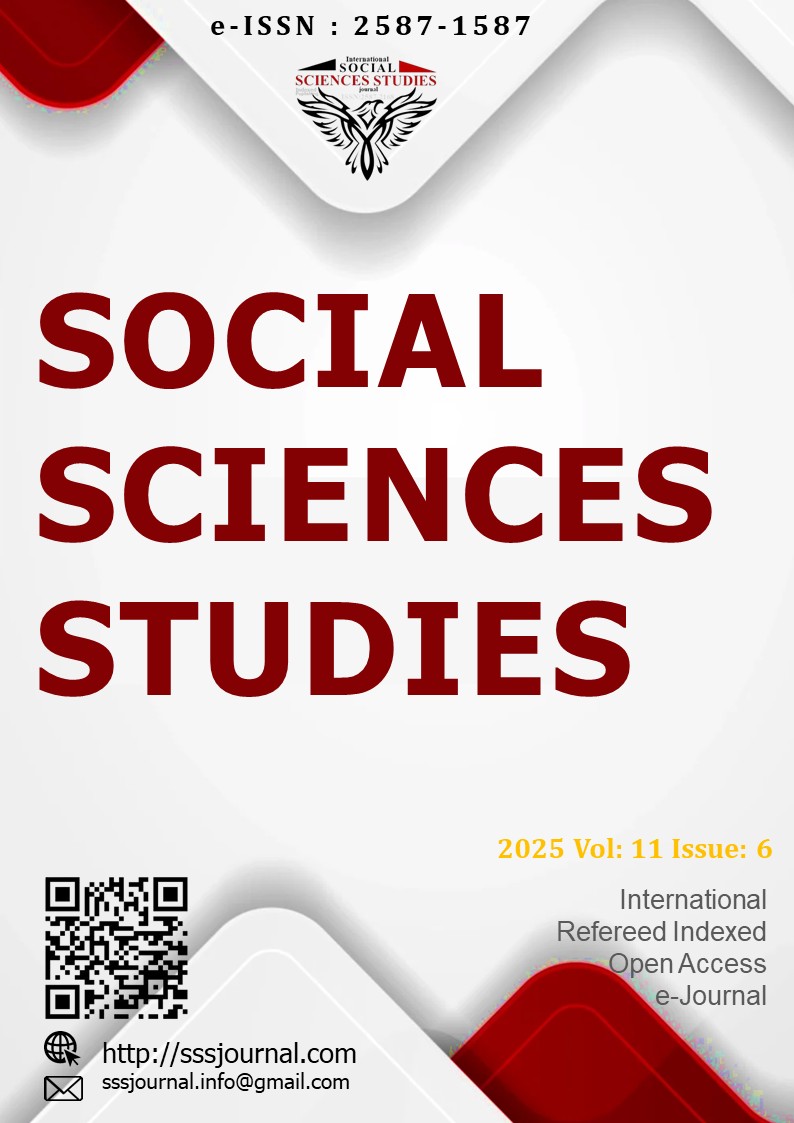Author :
Abstract
|
İşsizlik histerisi kavramı, işsizliğe gelen geçici şokların uzun süreli ve/veya kalıcı etkilere sahip olabileceğini öne sürerek, işsizliğin doğal olarak uzun dönemde dengeye geldiğine yönelik geleneksel varsayıma karşı çıkmaktadır. Bu çalışmada, Ocak 2021'den Mart 2025'e kadar aylık veriler kullanılarak Türkiye'de işsizlik histerisinin varlığı araştırılmaktadır. Bu hipotezi test etmek için, genel işsizlik oranı serisine Augmented Dickey-Fuller (ADF) ve Phillips-Perron (PP) birim kök testleri uygulanmıştır. Ampirik bulgular, serinin bir birim kök içerdiğini yani Türkiye'de işsizliğin durağan olmayan bir süreci izlediğini göstermektedir. Dolayısıyla işszilik oranlarındaki geçmiş şokların kalıcı etkilere sahip olduğu görülmektedir. Bu sonuçlar Türkiye açısından ilgili dönemde histeri hipotezini desteklemekte ve yapısal işsizliğin Türkiye’nin işgücü piyasasında önemli bir sorun olabileceğine işaret etmektedir. İşsizliğin devamlılığı, uzun dönemli issizlik sorununu ele almak için yapısal reformlara ve aktif işgücü piyasası politikalarına olan ihtiyacı vurgulayan kritik politika çıkarımlarına sahiptir. |
Keywords
Abstract
|
The concept of unemployment hysteresis oppose to the traditional assumption that unemployment naturally returns to equilibrium in the long run by suggesting that temporary shocks to unemployment can have long-term and/or permanent effects. This study investigates the existence of unemployment hysteresis in Türkiye using monthly data from January 2021 to March 2025. To test this hypothesis, Augmented Dickey-Fuller (ADF) and Phillips-Perron (PP) unit root tests were applied to the general unemployment rate series. The empirical findings show that the series contains a unit root. This means that unemployment in Türkiye follows a non-stationary process. Therefore, it is seen that past shocks in unemployment rates have permanent effects. |
These results support the hysteresis hypothesis for Türkiye in the relevant period and indicate that structural unemployment may be a significant problem in Türkiye’s labor market. The persistence of unemployment has critical policy implications that emphasize the need for structural reforms and active labor market policies to address the long-term unemployment problem.





